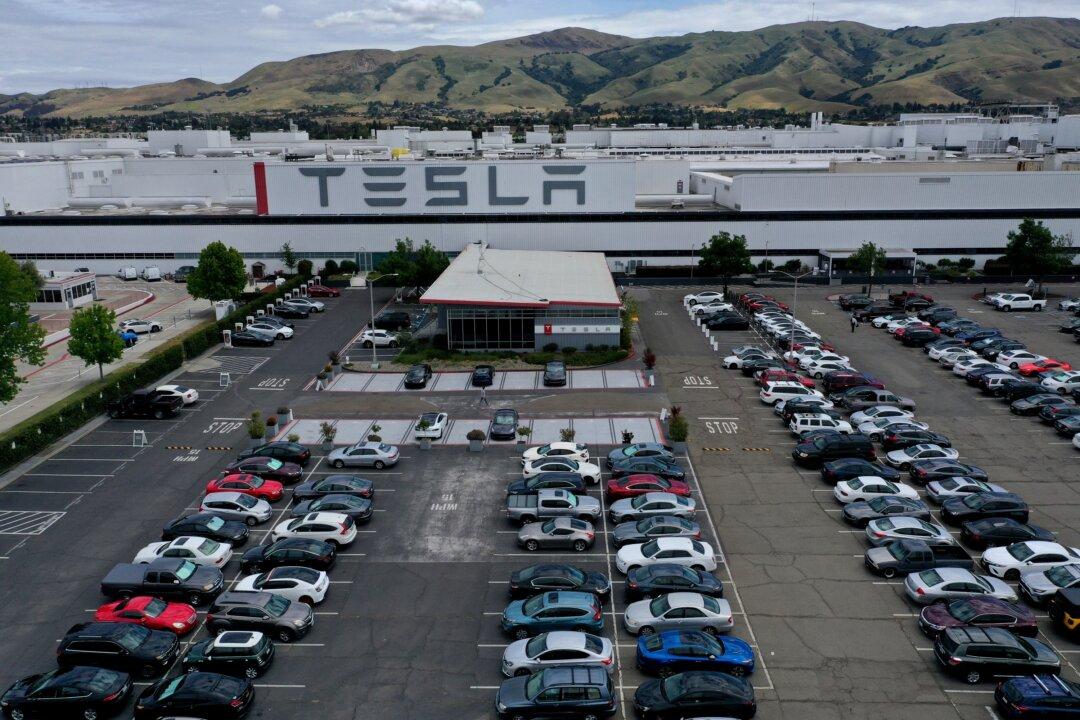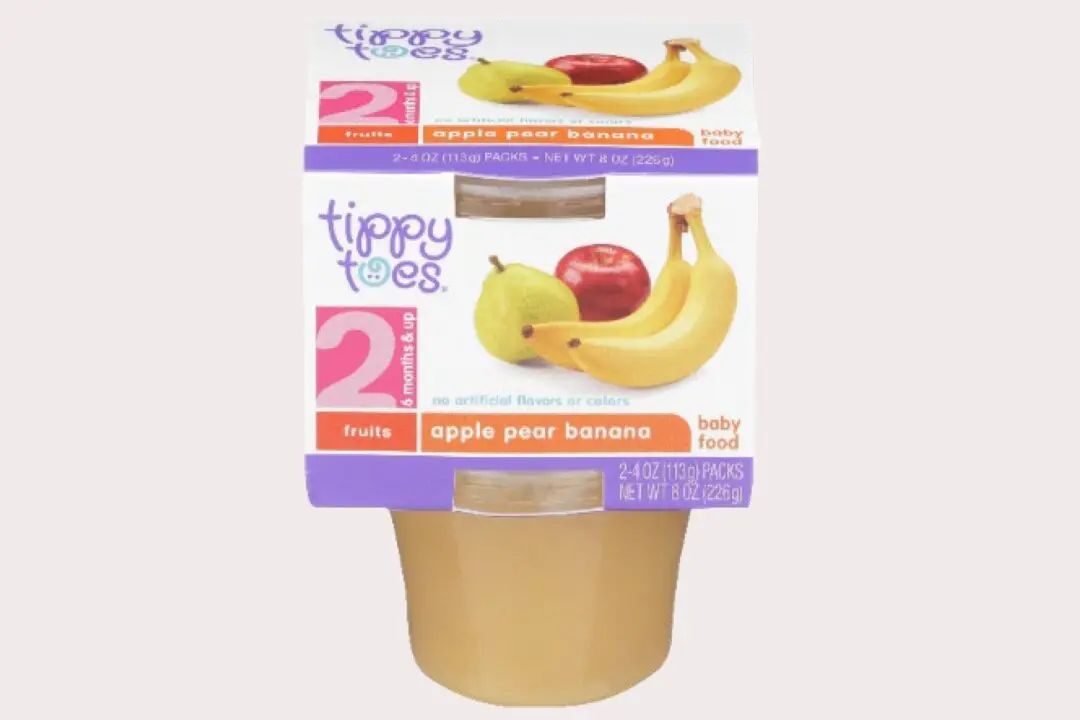Tesla plans to invest more than $3 billion in Nevada to expand its Gigafactory as well as establish two additional factories, with the investment projected to create thousands of jobs in the state, the company announced on Tuesday.
“We will be investing over $3.6 billion more to continue growing Gigafactory Nevada, adding 3,000 new team members and two new factories: a 100 GWh 4680 cell factory (with capacity to produce enough batteries for 1.5 million light-duty vehicles annually), as well as our first high-volume Semi factory,” Tesla said in a blog post in Jan. 24. Semi is Tesla’s fully electric combination truck that is claimed to have an energy consumption of less than 2 KWh per mile as well as a range of 500 miles.





